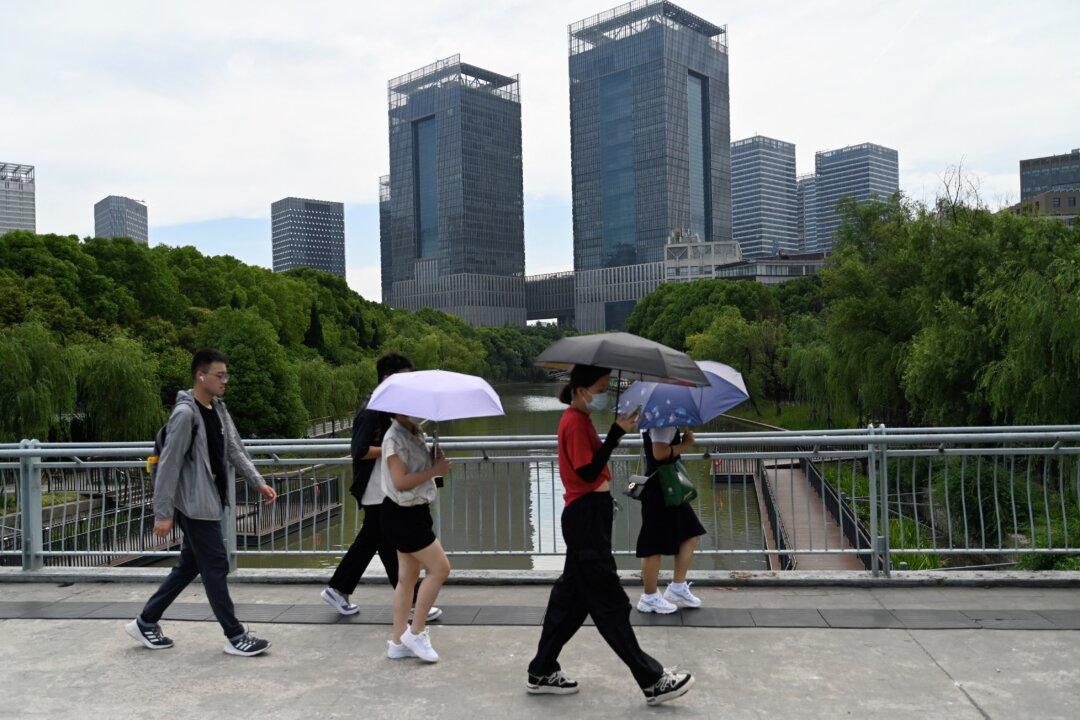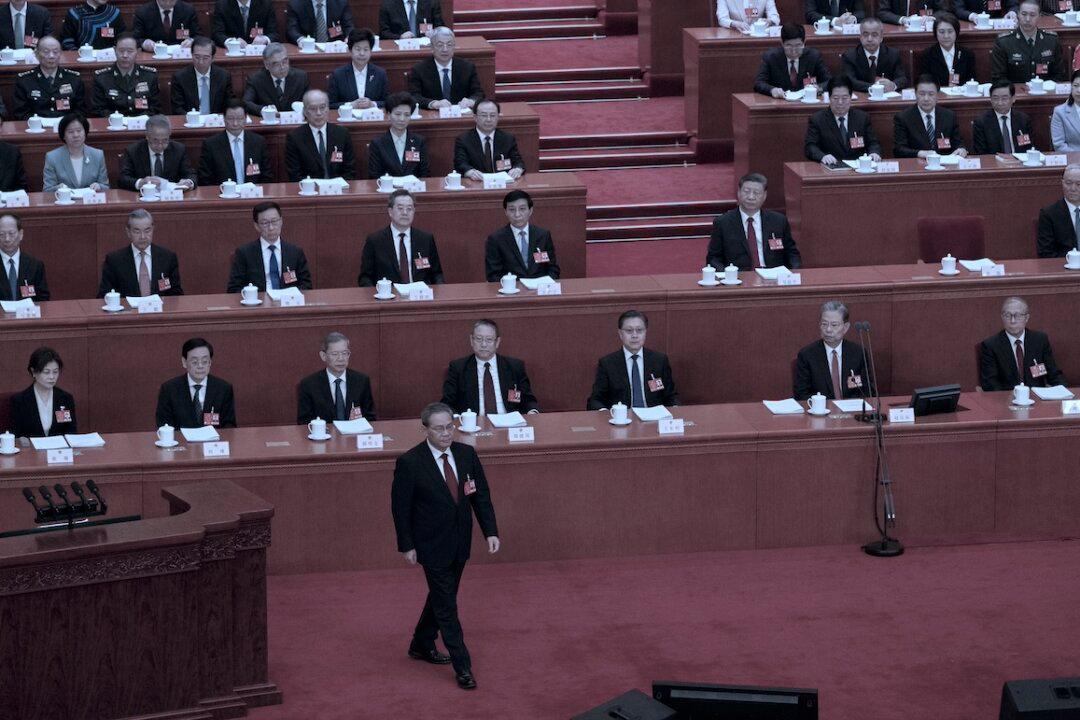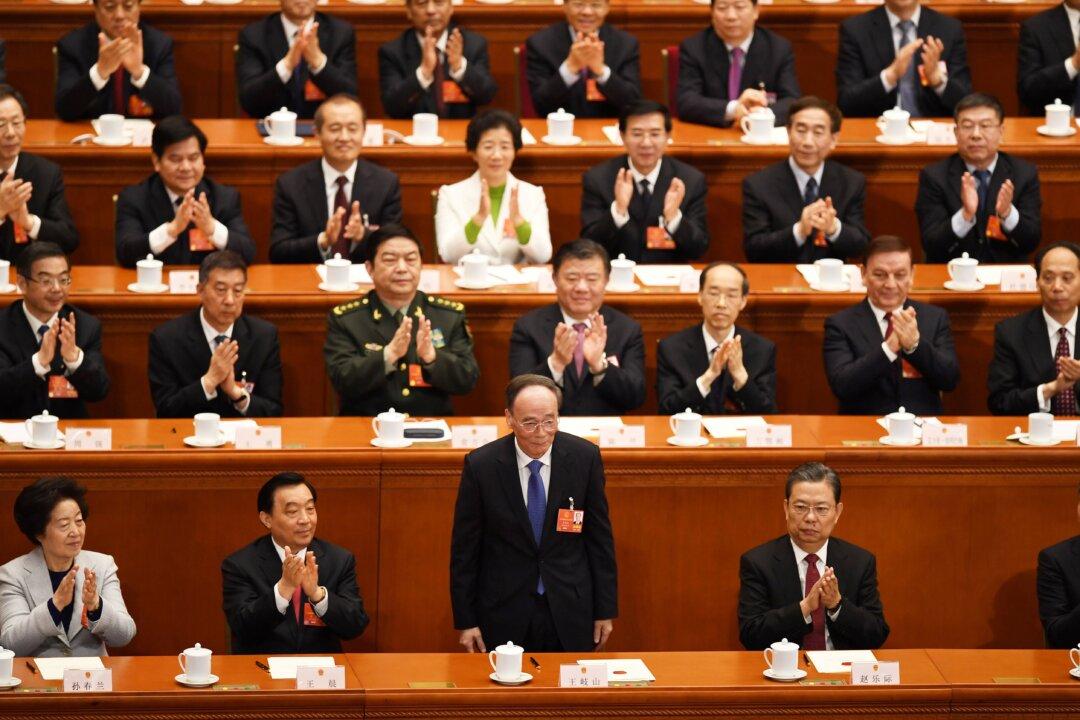China’s economic gloom has spilled over into commercial building leasing in many megacities, with Shanghai’s office vacancy rate reaching a two-decade high.
According to CBRE, a real estate consulting firm, the vacancy rate for Grade A offices in Shanghai reached 20.9 percent, up 1.1 percentage points from the previous quarter and 2.8 percentage points from the same period a year earlier. This is the highest level in nearly 20 years.




